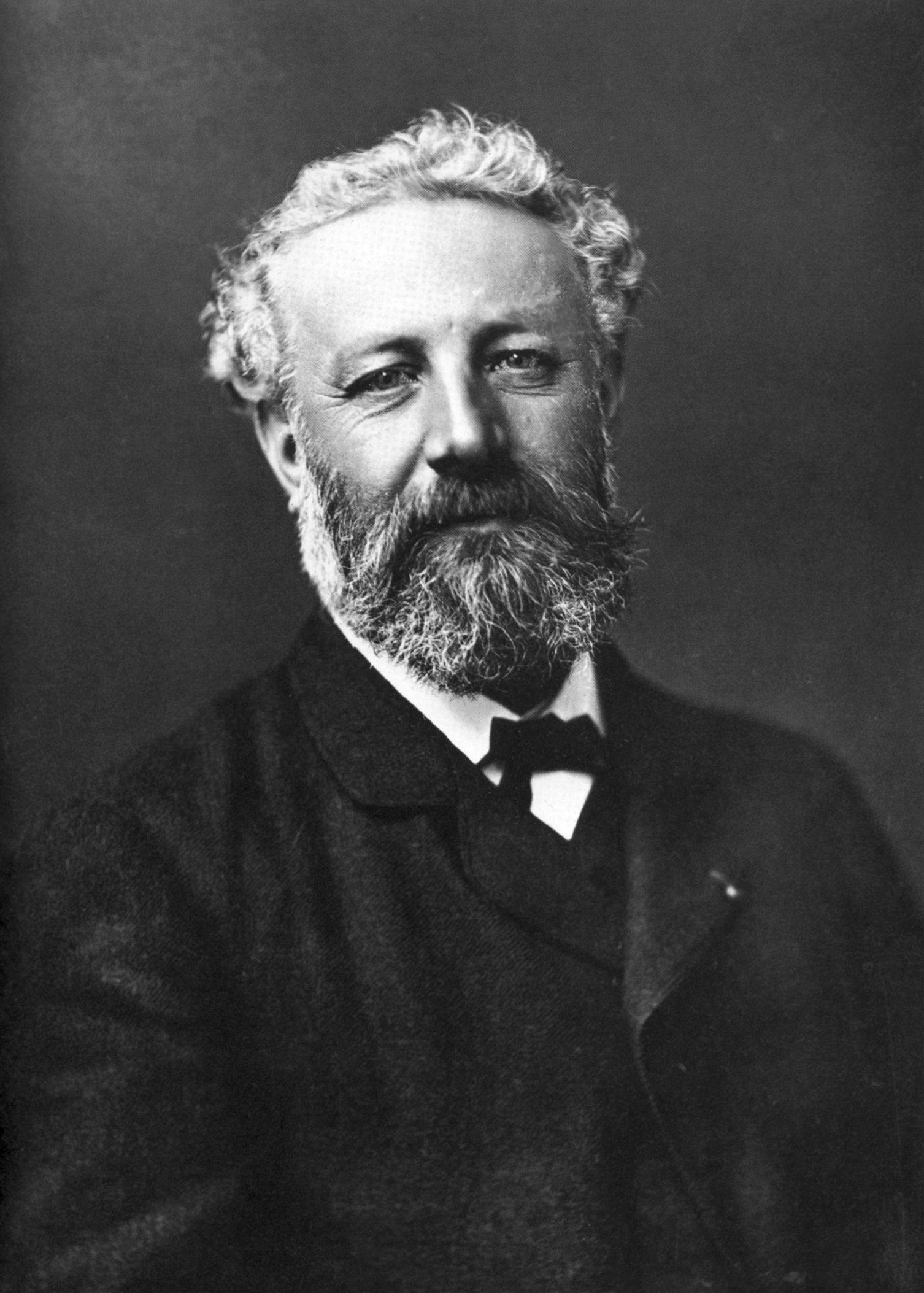À en croire certains esprits bornés, — c'est le qualificatif qui leur convient, — l'humanité serait renfermée dans un cercle de Popilius qu'elle ne saurait franchir, et condamnée à végéter sur ce globe sans jamais pouvoir s'élancer dans les espaces planétaires! Il n'en est rien! On va aller à la Lune, on ira aux planètes, on ira aux étoiles, comme on va aujourd'hui de Liverpool à New York, facilement, rapidement, sûrement, et l'océan atmosphérique sera bientôt traversé comme les océans de la Lune!
Tr. Walter James Miller (1978)
Variante: If we are to believe certain narrow minded people — and what else can we call them? — humanity is confined within a circle of Popilius from which there is no escape, condemned to vegetate upon this globe, never able to venture into interplanetary space! That's not so! We are going to the moon, we shall go to the planets, we shall travel to the stars just as today we go from Liverpool to New York, easily, rapidly, surely, and the oceans of space will be crossed like the seas of the moon.
Origine: From the Earth to the Moon (1865), Ch. XIX: A Monster Meeting (Charles Scribner's Sons "Uniform Edition", 1890, p. 93)
